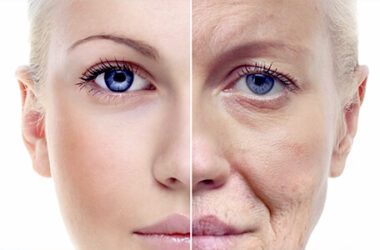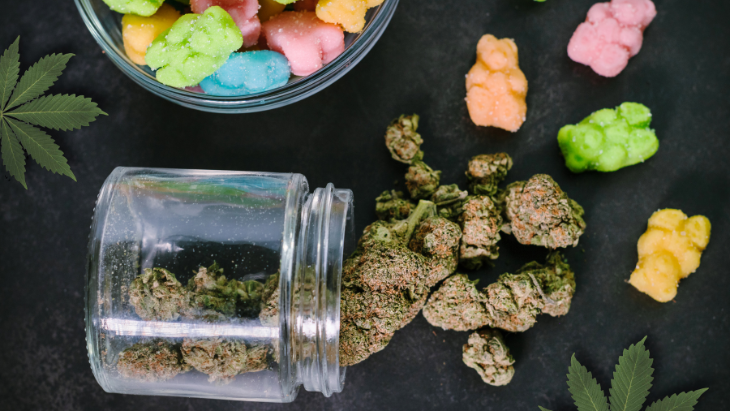What is Addiction Treatment?
Addiction treatment is a planned and comprehensive method to aid those suffering from substance use disorders. It combines medical, psychological, and social interventions designed to address the physical, mental, and emotional elements of addiction. The primary purpose is to aid recovery, reduce health risks, and improve the individual’s general well-being, which frequently includes detoxification, counseling, behavioral therapy, and continuous support. An addiction treatment center is a structured setting where addiction treatment and therapy are offered.
What are Addiction Therapies?
Addiction therapies include a variety of interventions aimed at addressing the complexities of substance use disorders. These therapy techniques focus on the psychological, behavioral, and emotional elements of addiction, to change unhealthy patterns and promote long-term recovery. Cognitive-behavioral therapy, holistic therapies, family therapy, and pharmacological therapy are all common addiction therapies. These approaches equip individuals with tools, coping mechanisms, and support networks to help them overcome addiction and achieve long-term wellness.
Mallard Lake Detox Center is one of the many addiction treatment centers that recognize the need to incorporate these addiction therapies for sustained recovery. Read through and get to know addiction therapies that are available at our rehab.
Common Addiction Therapies
- CBT. Cognitive Behavioral Therapy (CBT) is a form of addiction therapy that explores the underlying roots of substance use disorders as well as those factors that predispose toward addictive behavior. This method of treatment trains people how to detect, avoid, and cope with relapse-inducing triggers so as to promote long-term recovery. CBT seeks to develop strong coping abilities by challenging and reconstructing dysfunctional thinking, thereby enhancing mental health and overall life satisfaction.
- Rational Emotive Behavior Therapy (REBT). Rational Emotive Behavior Therapy (REBT), a CBT derivative, is a kind of addiction therapy that focuses on the interaction of rational and irrational beliefs, stating that these beliefs significantly impact an individual’s thoughts and behaviors.
- Holistic Therapy. Holistic therapy recognizes the connectivity of an individual’s complete being and recognizes that effective addiction treatment must address all factors that contribute to the development of addictive behaviors. Holistic treatment covers physical, mental, and spiritual dimensions by embracing alternative therapies such as yoga, meditation, and acupuncture. This method enables a thorough examination and individualized intervention, emphasizing the need for a whole-person approach to long-term recovery.
- Family Therapy. Addiction doesn’t occur in isolation, it affects the entire family unit. Family therapy addresses the larger impact of substance use by incorporating family members in the treatment process. It extends beyond couples therapy to include all family members. Family therapy understands the linked aspects of familial relationships and their enormous influence on an individual’s recovery and is effective in enhancing parenting skills, enhancing communication, and reducing family tensions.
- Individual vs. Group Therapy. The choice between individual and group therapy hinges on the dynamics of inclusivity. Individual therapy focuses on the relationship between the individual and the therapist, encouraging a personalized and specialized approach. Group therapy, on the other hand, capitalizes on the collective experience by offering a platform for shared learning, interpersonal skill development, and the formation of a supportive social network. Individual and group therapy can provide distinct advantages to the entire treatment process. Individual therapy encourages better life satisfaction, self-acceptance, personal growth, and improved relationships, whereas group therapy focuses on coping skill acquisition, interpersonal efficacy, the building of a social support system, and the minimization of social isolation and stigma.
- Other Therapy Types. Addiction treatment also integrates other diverse therapies such as art therapy, animal-assisted therapy, and experiential therapy. These approaches recognize the importance of tailoring treatment to individual needs and preferences.
Mallard Lake Detox Center is a Renowned Addiction Treatment Center in Houston For Its Wide Range of Addiction Therapies.
Are you struggling with any kind of addiction? You do not have to do it alone. Addiction treatment experts at Mallard Lake Detox Center are waiting for you to take the next step and enroll in our addiction treatment programs. The high success rates of our addiction treatment center can be attributed to our complementary therapy options like yoga, equine therapy, massage, Jiu Jitsu, massage therapy, art therapy, family therapy, individual and group therapy, behavioral therapies (e.g., CBT, DBT, REBT, etc), etc. These therapies complement our traditional options like medically supervised detox, inpatient and outpatient rehab, IOP, PHP, etc. In addition, our rehab has been classified as a luxury rehab hence beyond offering a one-of-a-kind addition therapy, our amenities are also top-tier.





